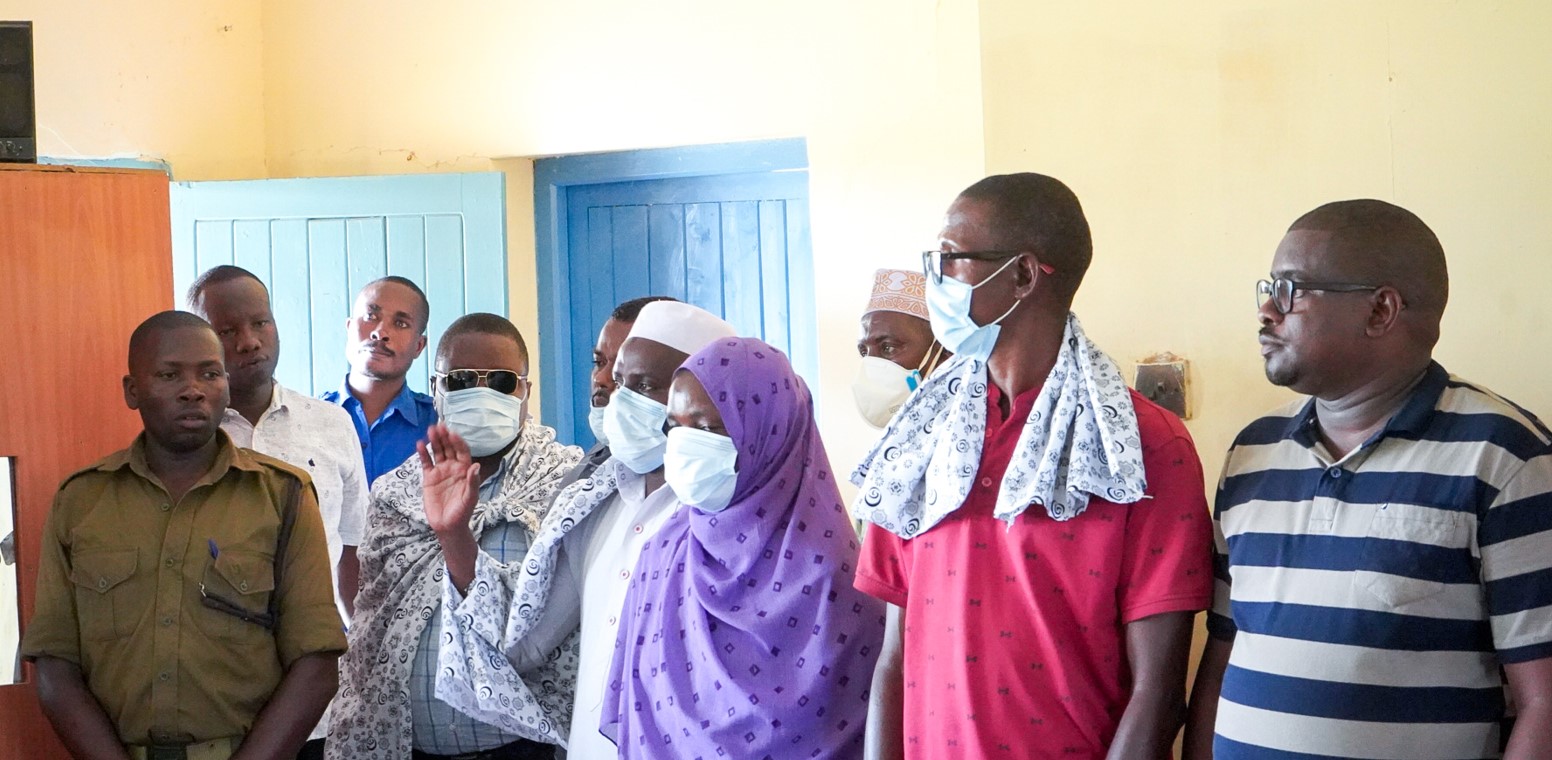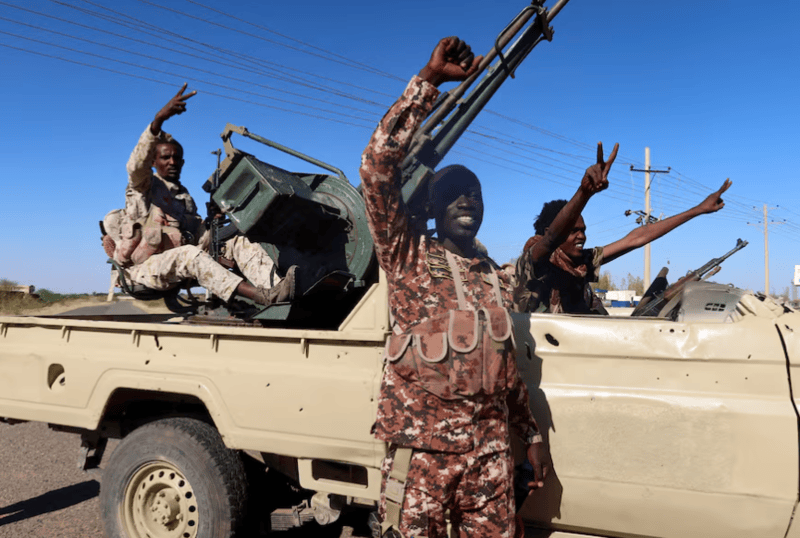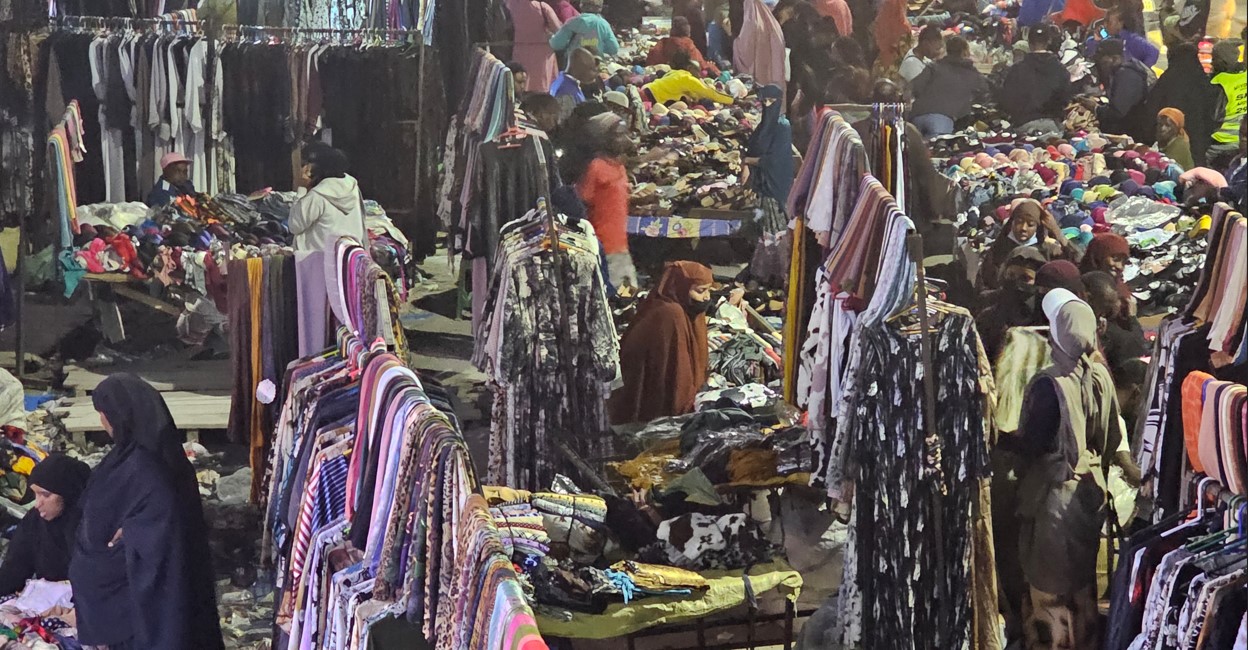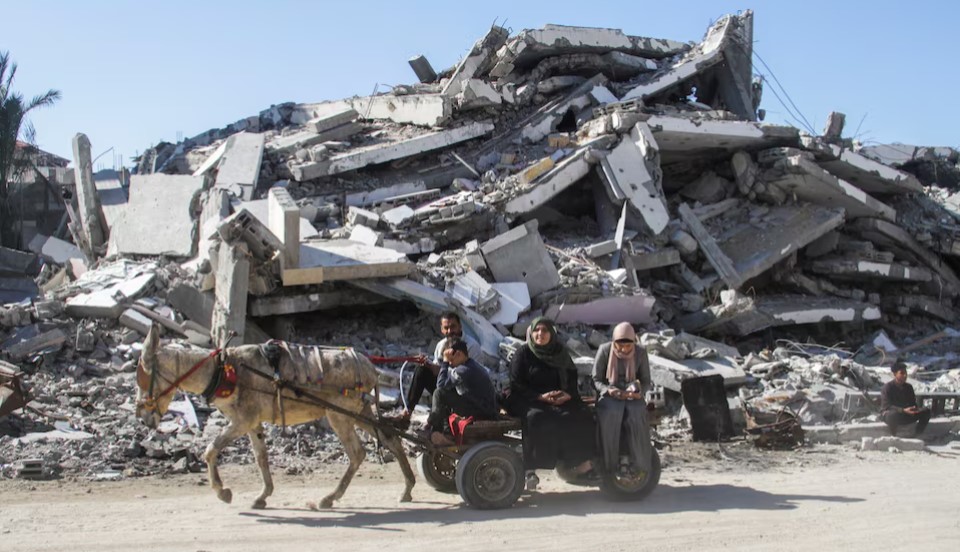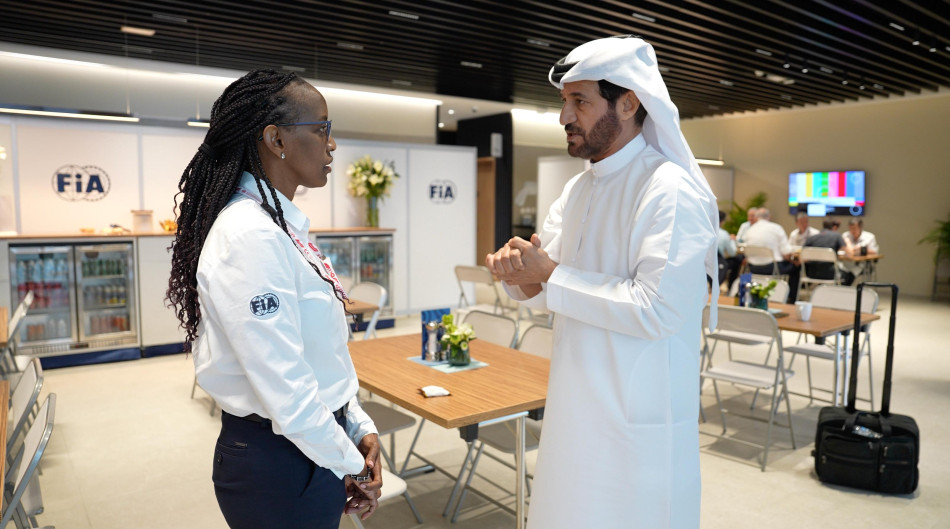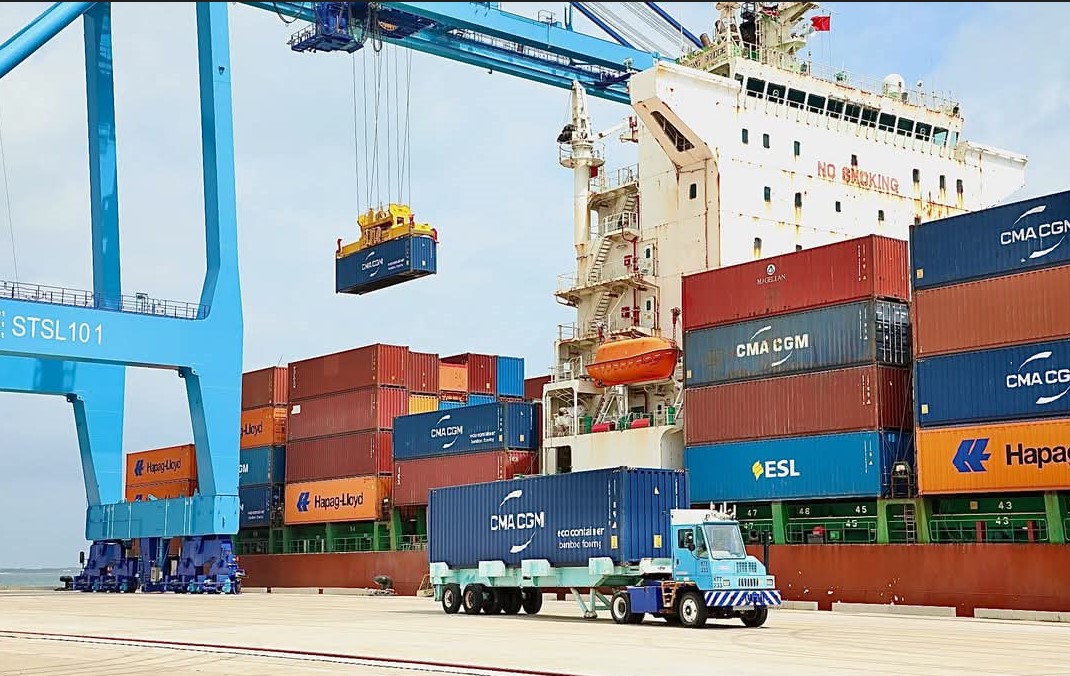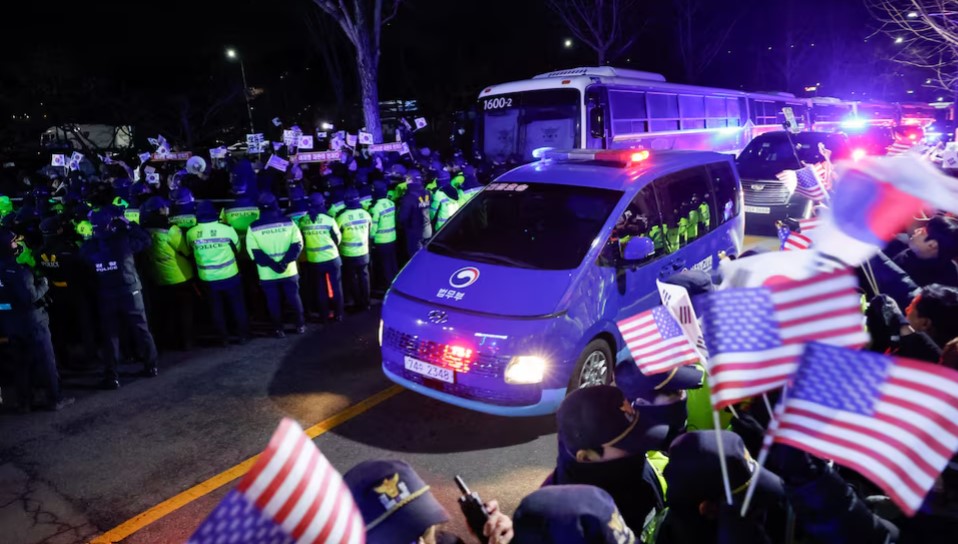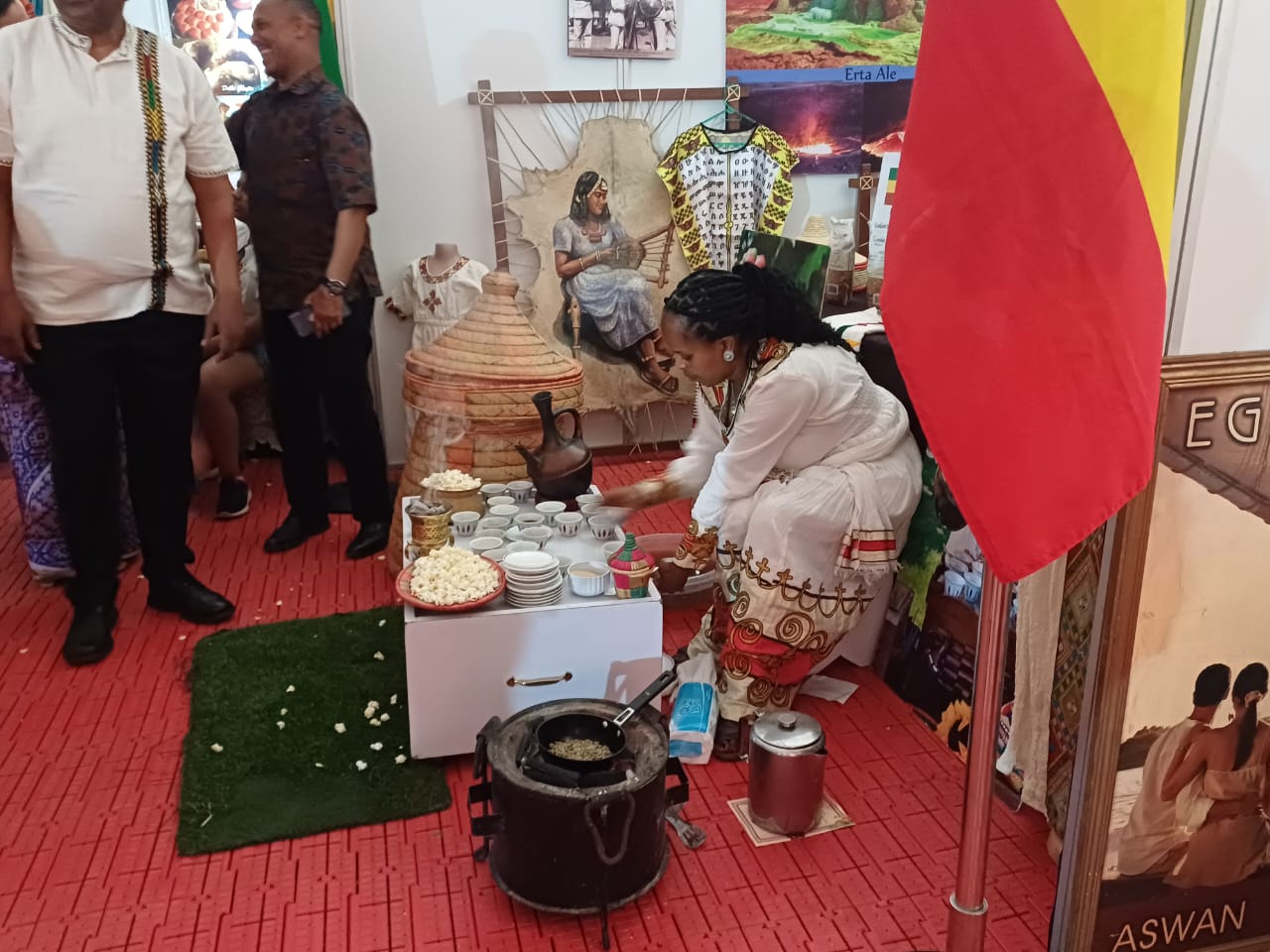Terrorists exploiting civilian grievances in East Africa to recruit followers
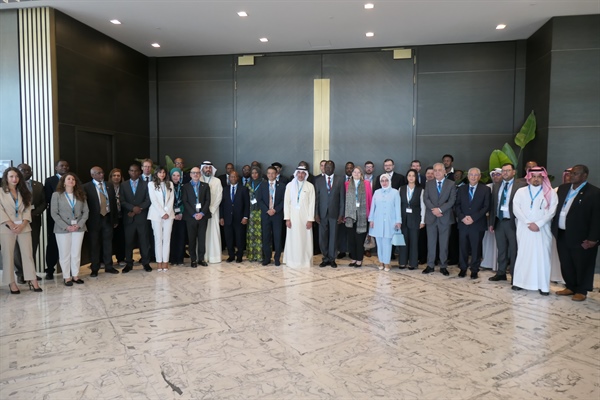
The meeting seeks to build the capacity to de-radicalise and rehabilitate former terrorists within the East Africa region.
Terrorist groups are increasingly exploiting local grievances and regional vulnerabilities to extend their reach across borders and recruit individuals to further their cause, a regional meeting held in Kuwait has heard.
The meeting seeks to build the capacity to de-radicalise and rehabilitate former terrorists within the East Africa region.
More To Read
"As a result, East African authorities have adopted several policies to support the disengagement, deradicalisation, rehabilitation and reintegration (DDRR) of individuals associated with these groups," the meeting co-chaired by Kenya and Kuwait, under the East Africa Capacity-Building Working Group (EA WG) heard.
The meeting aims to address terrorism and violent extremism dynamics and requirements in the region by mobilising adequate resources and identifying practices and evidence-based programmes that build resilience to prevent and counter radicalisation to terrorism.
Kenya's National Counter Terrorism Centre's Director Rotich Kigen said the workshop focuses on DDRR because an essential toolkit in efforts to realise a future free of terrorism is the extent to which radicalised individuals are provided with pathways back into society.
"To wholesomely degrade terrorism and the extremism ideologies that underpin it, we need to have the capacity to manage individuals seeking to disassociate from violent extremist organisations and exit terrorist theatres," he said.
The forum has brought together members of the East African Community (EAC) and the Intergovernmental Authority on Development (IGAD), representatives of the UN Global Counterterrorism Coordination Compact, civil society organisations and other Global Counterterrorism Forum member states and affiliated institutions.
Kigen said the workshop is the first series of 11 strategic-level workshops which the East Africa Working Group intends to host over the next two years.
Long-term approaches
"These strategic engagements seek to deliver strategic, long-term approaches that realise synergy, cooperation and common action between the Global Counterterrorism Forum and regional partners to counter-terrorism," he said.
Participants engaged in discussions on the current nature of radicalisation and recruitment to terrorism in the region along with good practices for rehabilitation and reintegration of violent extremist offenders.
DDRR is one of the five priority lines of effort that the EA working group found to align with key terrorism and violent extremism threats in the region.
The meeting therefore provides a forum for information exchange, networking, and cooperation among a variety of stakeholders to promote dialogue, understanding, sharing of analysis and lessons learned to build collaborative partnerships in and for the region.
Expert studies show that people get pulled into radical and violent movements through online and physical means after which they are ostracised and left with little recourse.
At the same time, a research paper by the United Nations Development Programme (UNDP) on preventing violent extremism published in 2016 notes that unemployment or poverty alone is not the only push factor inciting violence and extremism.
"Perceptions of injustice, human rights violations, social-political exclusion, widespread corruption or sustained mistreatment of certain groups, are also considered important push factors. When all these horizontal inequalities come together for a particular group, radical movements and violence are more likely to erupt," the paper states.
Top Stories Today


